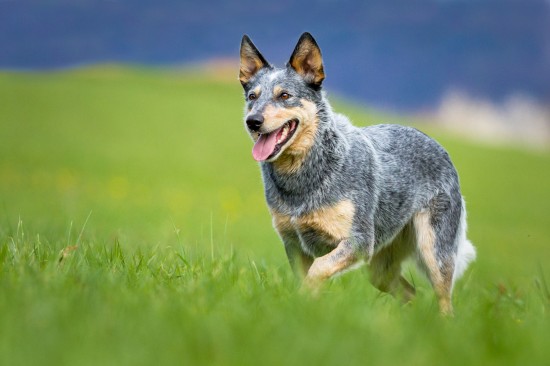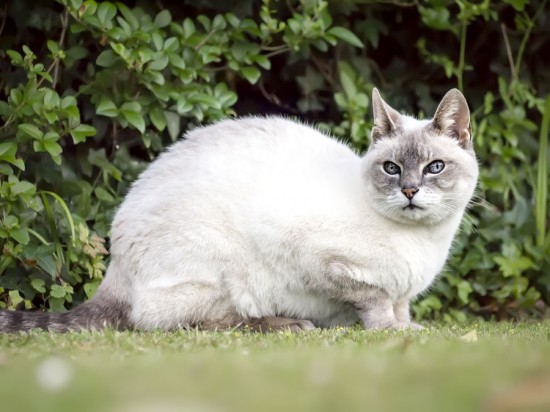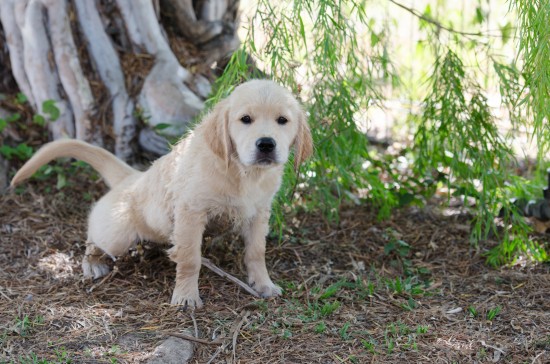
Imagine if chocolates were deadly to humans. Do you think we would still think of chocolate as we do now? Chocolates have been associated with endorphins (happy hormones); but, how about if they were to intoxicate us instantly? Would it still be a worldwide favorite willing to die for? Visualizing life eating chocolates and associating this idea with death is presently occurring. On the contrary, this doesn't apply to humans -- that is, if you are not allergic to chocolate.
For many years, we have always been warned never to feed pets with chocolate. But, with our natural inclination to share anything we eat to our pets, we often make the mistake of giving some chocolate treats to animals. Hiding chocolates and staying away from your pet while eating chocolate are two amongst what you should do to prevent feeding your pet with chocolate. Aside from that, keeping all the chocolate bars away from pets can be easy. But, owners can sometimes forget to hide the chocolate chip cookies, and cakes they bake. So, never neglect the fact that eating chocolate could result to animal intoxication.
In reality, the chocolate in itself does not cause the intoxication. It is in the complex substance called methylxanthine, also known as theobromine, which can be lethal for animals. The most common cases of chocolate intoxication of pets are during the holidays when chocolate is mostly used as an ingredient for baking cakes, and other pastries.
These are the basic effects of theobromine:
* The substance intensifies the heart rate and its contractions, particularly as the dog feels excitement. This could cause an imbalance of the pumping mechanism of the heart, called cardiac arrhythmia, thus, causing heart attack or myocardial infarction.
* This compound is a diuretic which can cause dehydration.
* The digestive system is also highly affected, and can cause diarrhea, vomiting, as well as stomach ulcerations.
* The pet might have seizures and convulsions due to its effects to the nervous system.
What should you do if your pet ingests chocolate by accident?
As soon as you see your pet eating chocolate, make sure to call the vet or clinic immediately. Expect to be asked questions like the size of the pet, the amount and type of chocolate ingested, and when it was gobbled. Be prepared for these types of questions, and ensure that you answer as accurately as possible.
Most often, vets will suggest induced vomiting -- that is, if it hasn't been that long since the ingestion. However, notify the veterinarian if the pet is stimulated, no gag reflex, or unconscious.
Never let your guard down and do not take for granted the fact that your pet has eaten a few boxes of chocolates. Even though your pet might not show any untoward manifestations in a few minutes, it doesn't mean there are no more of these to watch out for. To be safe, take your pet to the veterinarian as soon as possible. The substance has been proven to circulate in a pet's bloodstream between 14 and 24 hours.
 Is it Really Important to Hire a Dog Walker?
Is it Really Important to Hire a Dog Walker?
Y
Is it Really Important to Hire a Dog Walker?
Is it Really Important to Hire a Dog Walker?
Y
 Heeler Or Australian Cattle Dog Traits And Temperament
Heeler Or Austral
Heeler Or Australian Cattle Dog Traits And Temperament
Heeler Or Austral
 Working And Show Type Cocker Spaniels
Working And Show
Working And Show Type Cocker Spaniels
Working And Show
 Kidney Disease In Cats
Kidney Disease In
Kidney Disease In Cats
Kidney Disease In
 House Training A Puppy Or New Dog
House Training A
House Training A Puppy Or New Dog
House Training A
Copyright © 2005-2016 Pet Information All Rights Reserved
Contact us: www162date@outlook.com